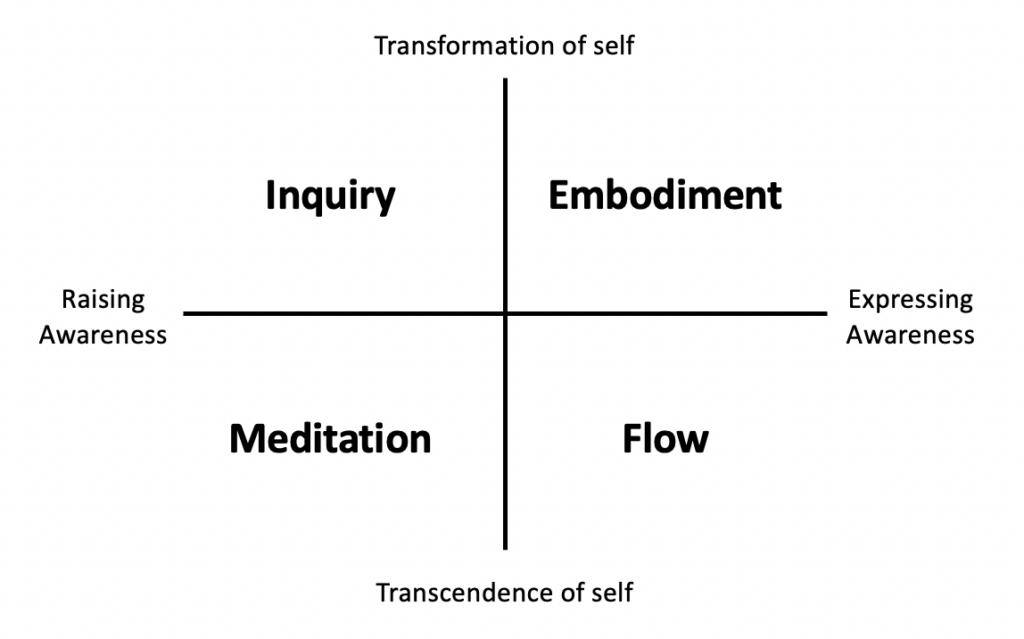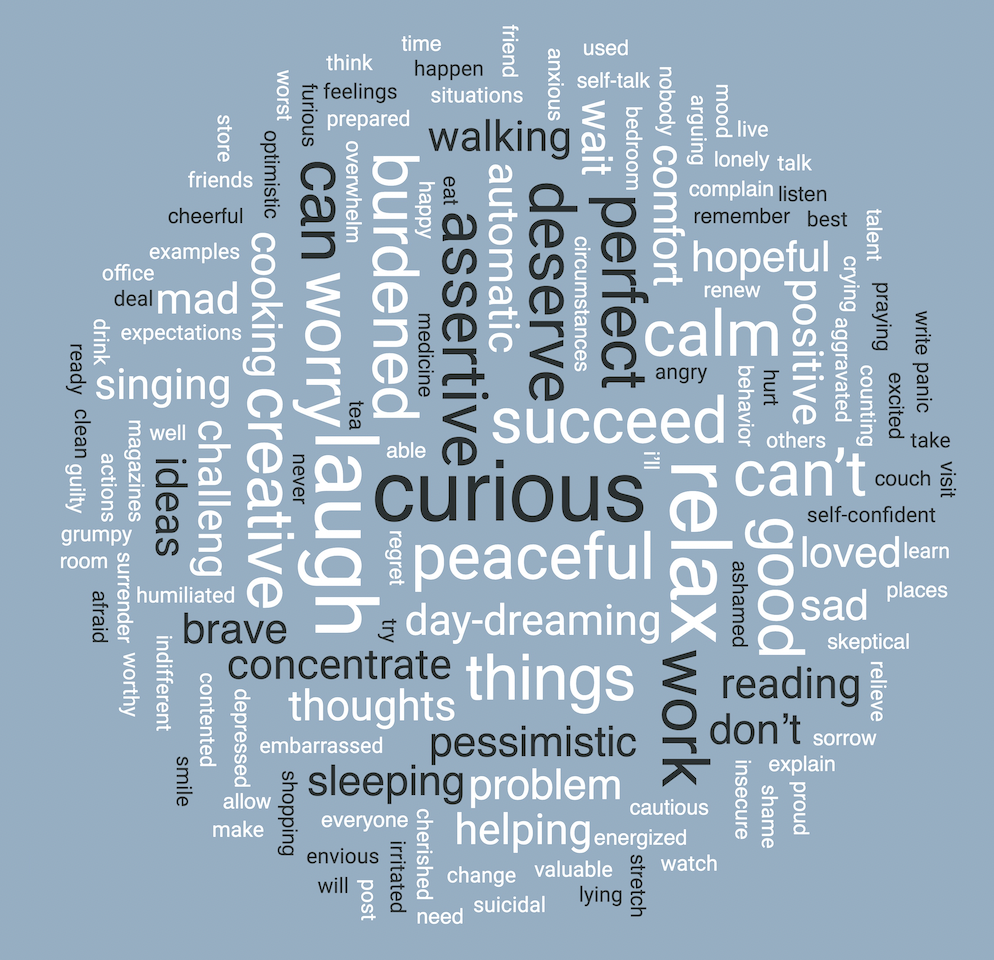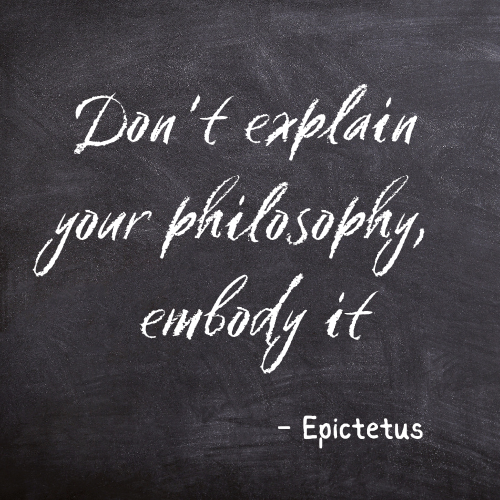Stay in Touch
Subscribe to Sensing Mind Institute’s newsletter to be kept up to date with publications, workshops, and special newsletter exclusives.
SMI offers a four-year education in Somatic-Linguistic Practices (SLP), also known as Essence Work, for therapists, coaches, counsellors, psychologists, bodyworkers, and people in similar professions. The education gives students theoretical and practical knowledge about Somatic-Linguistic Practices, they can use to supplement and enhance their current professional skills or as a basis for starting a therapeutic praxis.
Somatic-Linguistic Practices (SLP) is a rigorous system for personal and spiritual development consisting of four interlinked practices: Inquiry, Meditation, Embodiment and Flow, organised along the two axes of raising vs. expressing awareness and transformation vs. transcendence of self.
By combining these four practices, you can avoid the traps related to relying solely on one or two of these practices.
SLP combines spiritual traditions and modern science by integrating key elements from somatic psychology, jnana yoga, Buddhist psychology, and cognitive science – in particular, research in embodied cognition and cognitive metaphor theory.
The system is called Somatic-Linguistic Practices because all practices include the development of somatic awareness and awareness of the link between somatic states and language.


Inquiry is the practice of observing, without judgement or agendas, how your system of thoughts and emotions respond to various life situations – and to itself.
Without inquiry, you risk that the practices for spiritual and personal development you engage in become defences that prevents development rather than further it. You may, for example, start using meditation to avoid dealing with life – a phenomenon often referred to as “spiritual by-passing”.
Meditation is the practice of unhooking your awareness from the turbulence of your system of associated and automatic thoughts and emotions.
Without meditation, it can be difficult to develop the capacity to choose a focus point for your awareness making other practices difficult as your awareness will be like a leaf in the wind.
Meditation is also the practice of savouring the peace, joy, love, energy, etc. of the present moment beyond the turbulence of thoughts and emotions.
Thus, spiritual and personal development without meditation is like sowing the seeds but never tasting the fruits.


Embodiment practice focuses on changing the way your concepts are grounded in felt sense and the body.
Without embodiment, you risk that the peace you find in meditation and other spiritual practices disappears the moment you get off your meditation coushin and start dealing with your daily business.
Flow is the practice of acting from the place of inner abundance that you find through inquiry and meditation and ground through embodiment. It is the action you want to take when you feel you no longer lack anything but act purely out of gratitude, curiosity and love.
Without flow, you will not develop the potential you were born with. Without flow, you will rob the world of your unique and precious contribution to the world.

The education consists of four years, during which the student progresses from basic to advanced techniques and from exploring more surface to more core issues of human experience and well-being.
Explores the four main tools of essence work (inquiry, meditation, embodiment, and flow) and how to apply these to working with six key domains of human experience: grounding/confidence, vitality/strength, peace/power, compassion/kindness, joy/happiness, and openness/freedom.
Modules
Explores deeper layers of the main tools of essence work and how to apply these to working with six domains of love: appreciation, satisfaction, unity, passion, intimacy, and trust.
Modules
Explores what we know about human perception and how this knowledge can be used to strengthen the four tools of essence work. We also explore the themes of self, identity and narcissism.
Modules
Explores two time honored spiritual paths of realization the emptiness of inherent nature of all phenomena (emptiness) and the expansion of identification to include all phenomena (totality).
Modules
The pedagogical approach will be highly interactive, combining theoretical presentations with hands-on, experiential learning. We will discuss course theories in the light of students’ personal attempts to apply them in praxis. For each module there will be homework both in terms of reading and in terms of practical assignments. As knowledge will be developed through discussion of participants’ personal experience, it is important that students meet in class having completed both reading assignments and practical assignments.
During the course the students will learn to:
The exam consists of a theoretical and a practical part. The practical exam consists of giving two sessions to the same client in the presence of a teacher. After the first session, the student will receive feedback that can be put into practice during the second session. The theoretical exam consists of a thesis the student will write during the last year. For the thesis, the student will carry out a piece of research and use it to develop a personal offering, where the student merges the techniques taught at the program with the student’s previous therapeutic practice. In this way, the student will leave the program with a personal offering firmly grounded in both theoretical literature and empirical research.
Price: 29.500 DKK per year (approximately $ 4.280 / £ 3.380 / € 3.960)
Venue: All teaching will take place through live online sessions on Zoom
Teacher: Claus Springborg, PhD
To give an impression of what SLP is, it is useful to compare and contrast SLP with various well-known therapeutic approaches – in particular cognitive-behavioural approaches, somatic approaches, and approaches based in humanistic and in Buddhist psychology.
Insofar as SLP draws on modern cognitive science to develops therapeutic practices, it resembles cognitive approaches to therapy, such as, Cognitive-Behavioural Therapy (CBT) and Neuro Linguistic Programming (NLP). Cognitive approaches to therapy generally focus on challenging and changing cognitive distortions that prevents the client from solving problems and achieving desired goals. These approaches can involve varying degrees of working directly with behavioural patterns and with developing capacity for tolerating and regulating emotions. SLP differs from such approaches by emphasising and working specifically with the embodied roots of cognition – including the embodied states the client uses to formulate his/her problems and desired goals and to relate to his/her behaviours and emotions.
SLP works with the embodied roots of cognition through the client’s “felt sense”. This gives SLP a close affinity with Eugene Gendlin’s Focusing approach to therapy. In the 50s and 60s, Gendlin did seminal research under the supervision of Carl Rogers, one of the founders of humanistic psychology. This research showed that success in therapy depended on the clients’ ability to access the non-verbal, somatic felt sense of the issue they worked with in their therapy. Gendlin’s research has since inspired a wave of somatically focused approaches to therapy, for example, Peter Levin’s Somatic Experiencing. In SLP, felt sense is used, not only to address specific problems and traumas as in Focussing and Somatic Experiencing, but more importantly to bring about a fundamental shift in the totality of the clients’ cognition and way of experiencing self and life by working with the somatic ground of the client’s cognitive processes.
In particular, SLP is concerned with bringing about a fundamental shift in how we perceive phenomena in the world, which will dissolve much of the specific problems human beings face in their lives. In this way, SLP has an affinity with Buddhist psychology. Like in Buddhism, it is assumed that the majority of our suffering in life is produced by a fundamentally flawed way of perceiving reality. Our suffering or discontent arises because we do not see our own participation in the creation of the phenomena we deal with in everyday life and because we use the somatic states of grasping or pushing away physical objects to understand our interactions with both our selves and the world.
In SLP, the client is invited to explore the embodied essence of key positive phenomena which the client desires and which drives most of his/her behaviour, for example, happiness, sense of purpose, peace, aliveness, strength, commitment, compassion, freedom, and love. This exploration leads to the gradual realisation that these phenomena are aspects of our ever-present true nature – and not something we need to struggle to acquire. This realisation emerges out of the therapeutic process, not as a mere theoretical understanding, but as a lived experience. When this happens, it will calm down the client’s compulsions and anxieties, dissolve the client’s sense of deficiency and connect the client with his/her inherent sense of resourcefulness, satisfaction, and sense of purpose in life. When clients feel that the present moment always is pregnant with everything they seek, it becomes possible for them to select and achieve goals in a purely spontaneous and effortless manner. They will be motivated in their actions by an inner sense of abundance that overflows, rather than by an inner sense of lack needing to be filled.
In SLP, the client is also invited to explore the embodied essence of the thoughts, emotions, and instinctive urges that he/she perceives as undesirable and wishes to get rid of, limit, control, or change. This exploration leads to the gradual realisation that there is nothing in us we need to reject, since everything in us, no matter how it may appear at first glance, is nothing other than an energetic movement towards the above-mentioned states of happiness, sense of purpose, peace, aliveness, strength, commitment, compassion, freedom, and love. The practice of skilfully connecting with and riding the energetic wave of any internal movement – whether we perceive it as good or bad – is a powerful way of becoming aware of true nature and developing the compassionate and loving way of perceiving life that Ann Weiser Cornell, a prominent student of Eugene Gendlin, beautifully describes as: the radical acceptance of everything.
In short, SLP is a system of explorations using inner felt sense to correct the cognitive flaws that lead human-beings to pursue courses of action hoping to attain happiness and similar states while unknowingly creating and sustaining their own suffering in the process. Engaging with SLP has a twofold effect. First, you realise that all you feel you lack is present to you at every moment. Second, the somatic ground of your concepts will be redefined in ways that allow you to live life from a place of inner abundance and compassionate understanding.